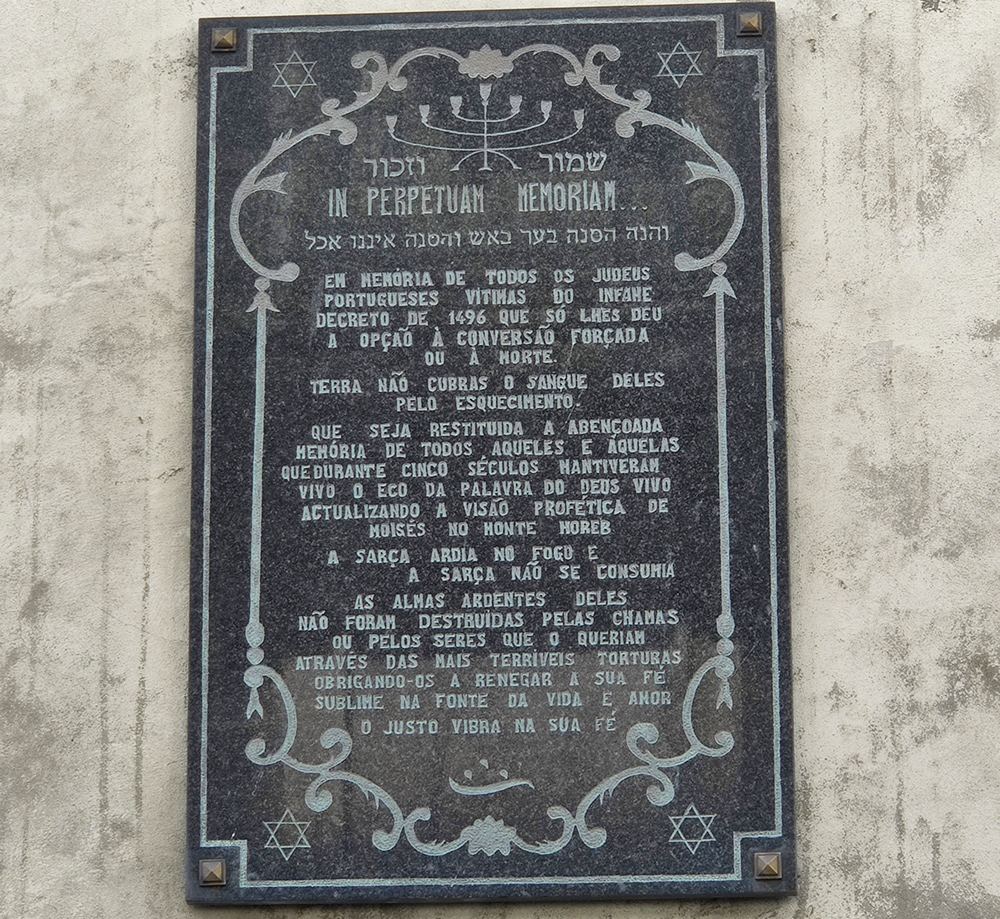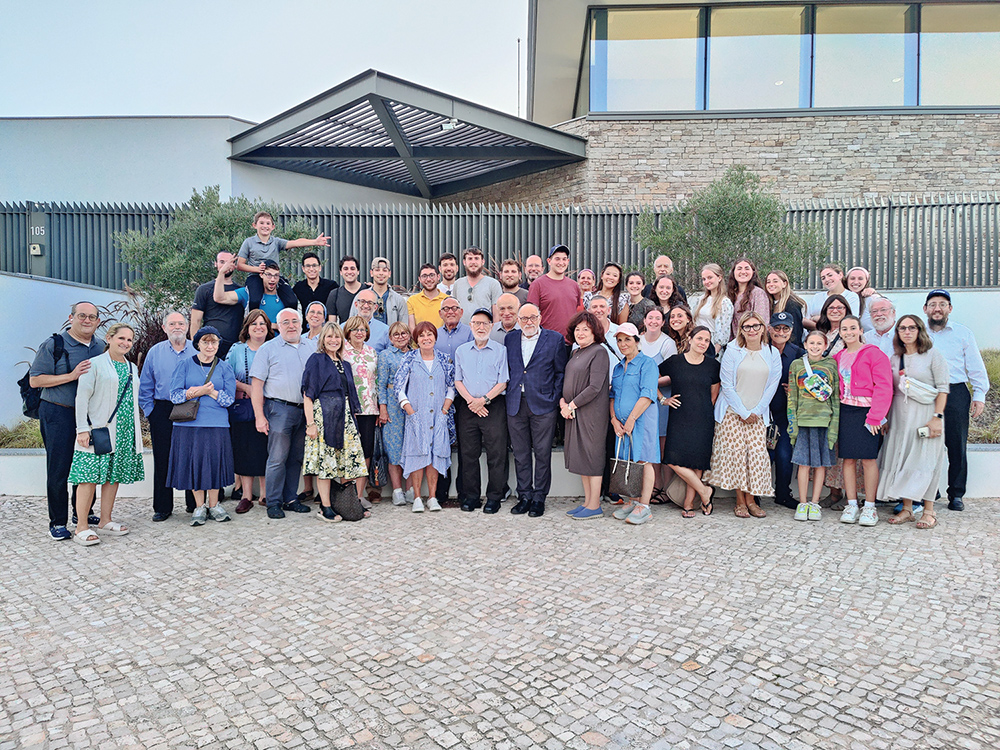Touro summer tour explores the Iberian Peninsula’s chilling antisemitic past.
As we stood by the crystal blue water in Porto, Portugal, I couldn’t help but be mesmerized by the Iberian Peninsula’s beauty. Yet, amidst the towering medieval castles and tasteful art lay the inescapable echo of the region’s dark past. Although it has been nearly two centuries since the end of the Spanish Inquisition, it is etched in our collective memory. Recognizing the importance of exploring our roots, Touro University created a transformative 10-day summer course abroad, with a focus on Jewish history in Spain and Portugal.
Fellow students and I had the opportunity to tour 12 cities and sit in on engaging lectures, all the while getting three college credits and making lifelong memories. Our long bus rides were filled with deep religious and philosophical discussions, and our nights were spent bonding over our action-packed days. Through exploring Sephardic contributions to rabbinic and literary work, Touro’s esteemed professors allowed us to tap into the beauty of the Sephardic community that once was, making the impact of all that was lost even more potent. Learning about Ramban’s dialogue with Christian theologians and his contribution to Jewish thought was especially impactful.
As we passed by numerous shuls-turned-churches and encountered Torah scrolls frozen behind glass windows, the haunting consequences of history came to life. But, as we learned, the past was not entirely bleak. Stories of crypto Jews who risked their lives to practice Judaism in secrecy put the value of our long-held practices in perspective, making us realize how fortunate we were to be a link in the unbreakable chain of Jewish continuity. It was incredibly touching to witness the revival of the Jewish community, largely due to the wave of immigration fueled by a government law granting citizenship to Jews of Sephardic descent.

Reviving the Jewish Community in Portugal
The Chabad Center in Cascais, Portugal, exemplified this. Over dinner, we listened thoughtfully as Rabbi Eli Rosenfeld, the Chabad leader, explained the journey it took to establish and build the local Jewish community. Although we were aware there was much more work to be done, we were all incredibly impressed by the charming building, delicious kosher food, and captivating Jewish leader now at the center of this once-desolate Jewish community. We couldn’t help but feel optimistic about the future for those wishing to return to a place they once called home.
The optimism was tempered by the recognition that antisemitism still persists, as various professors and local Jewish residents reminded us. In addition to exploring the Spanish Inquisition, the trip’s impact was amplified by the discussion of Spain and Portugal’s response to World War II. Dr. Karen Sutton, professor at Touro’s Lander College for Women, shed light on the heroic diplomats who saved Jews, while also acknowledging various devastating pitfalls. The discussion of Holocaust heroes also included the valuable contributions of fellow Jews, a historical fact all too often glossed over.
If I had to choose one moment to represent the trip, it would be this: walking down the streets of Lisbon, Portugal, my friends and I admiring the breathtaking architecture surrounding us. Just after we snapped a photo, cheesily posing with our baseball caps and pina coladas, a fellow student pointed out that in this very city, thousands of Jews were brutally massacred. This duality of captivating beauty stained with catastrophic violence serves both as a reminder that looks can be deceiving and as an ode to the complexity of history and the world in which we find ourselves today.
Yakira Colish is an honors political science major at Touro’s Lander College for Women.









